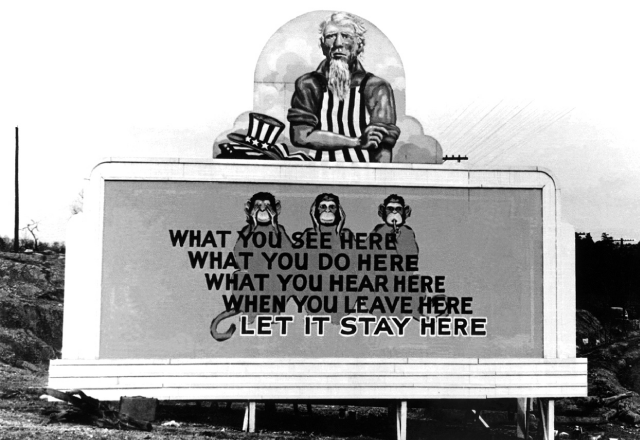Is confidentiality a thing of the past?

This old faculty joke is funny because, like all good humor, it’s partially true:
Question: “On this faculty committee, what is meant by confidentiality?”
Answer: “Confidentiality means that you can share the information — but only with your closest friends.”
It’s not only faculty meetings that suffer leakage. Many boards and committees have real trouble defining and practicing confidentiality. The temptation is always present to share insider information with close friends, but only after covering yourself with the obligatory request, “Please don’t share this confidential information with anyone! OK?”
Presidents and senior administrators know how valued confidentiality is in the community, but they also wrestle with its practice. Does “confidentiality” include my board chair, my spouse, my professional coach, my kitchen cabinet, or my closest colleagues? With whom can I share my thoughts? Many board chairs know through painful experience that the larger any board group is, the more pointless it is to demand confidentiality. The shelf life on confidential information in a large board may amount to just a few days.
In academic communities, two factors complicate the practice of confidentiality: (1) the community's desire for transparency and (2) the ubiquity of technology and social media. Any committee meeting, social gathering, board debate, class discussion, lecture, meal at the cafeteria — indeed, any stated opinion — is now public, or could become public very quickly.
That’s our new reality. What was once private and restrictive is now public and transparent. And after something becomes public, it's hard to take it back, apologize, correct the record, or scream foul. What you thought was confidential is now on your neighbor's computer.
So what's an academic community to do? Here are two practical suggestions:
1. Define confidentiality in detail — each and every time it is used.
- Make a covenant or contract with your class, committee, or board.
- Practice never using the term “confidential” without defining it.
- Have written definitions available so that the group agrees to what is acceptable and unacceptable behavior.
- Spend time explaining why confidentiality — to whatever degree — is necessary and salutary for the goals of the group.
- Finally, make sure all members know if the agreement has a time limit.
2. Build a communication strategy.
- Every group needs to find some appropriate way to discuss their activities.
- Silence is rarely an effective option.
- Decide which tools or strategies need to be put in place to keep the community informed officially and effectively.
- Decide who communicates with the community and who doesn't.
The goal here is to be realistic and intentional about both defining confidentiality and practicing communication. Silence isn't golden. In fact, silence can be dangerous. Communicating effectively, faithfully, and efficiently is the objective. And, of course, not breaking that commandment about “bearing false witness.”
Image credit: “Oak Ridge Wise Monkeys”




















